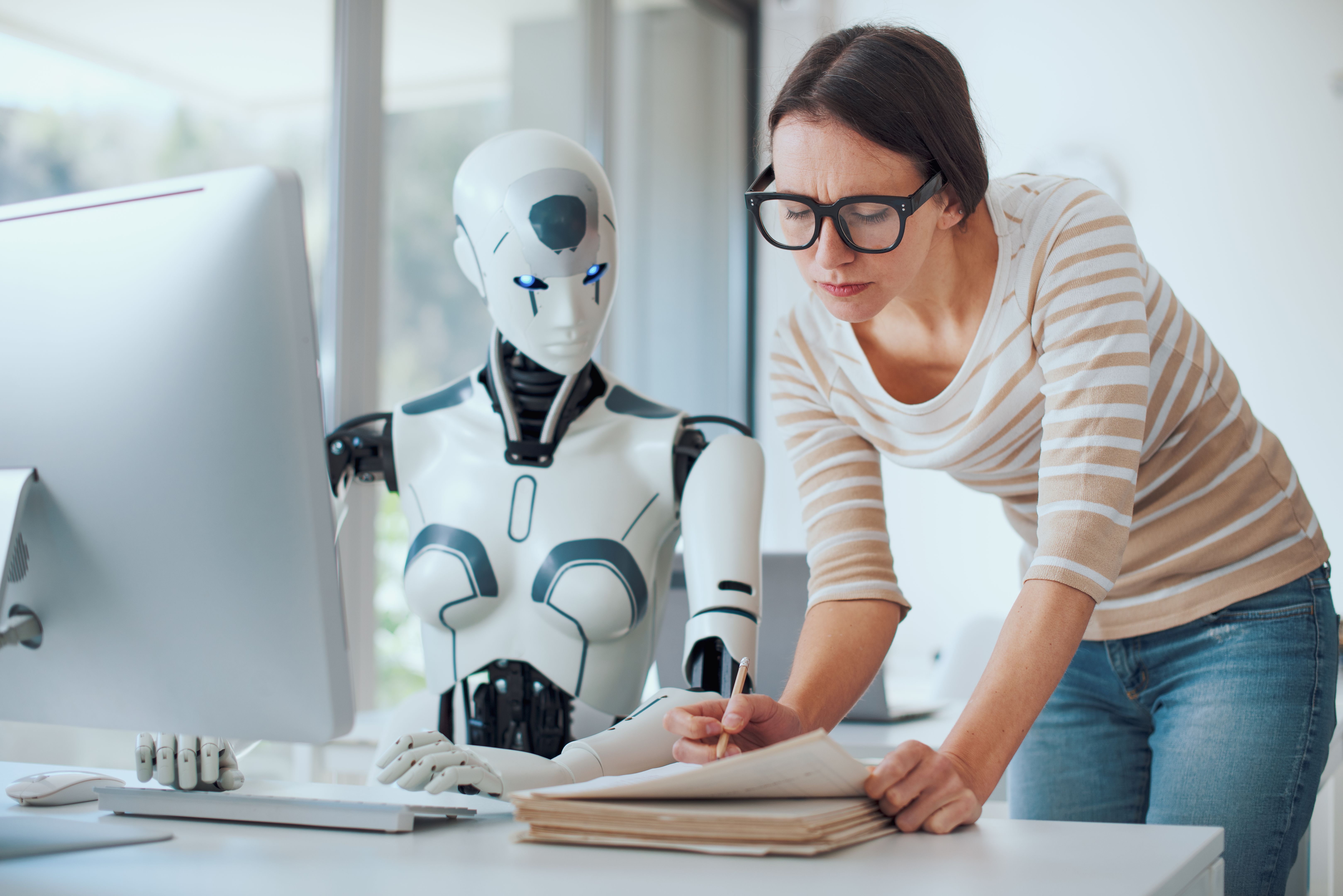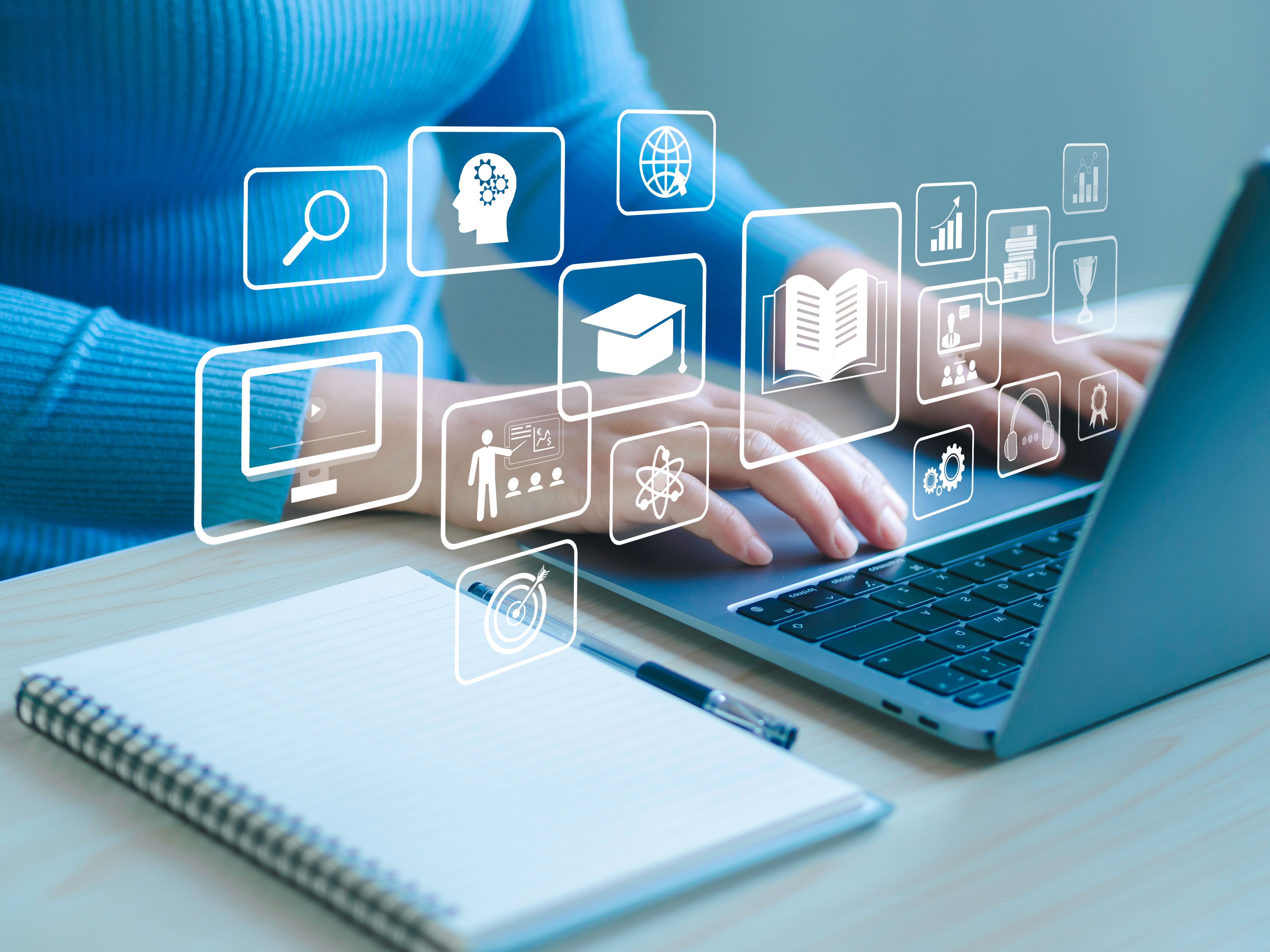AI's Impact on Careers: What's Changing and What's Not
JT
The Evolving Workforce
The integration of artificial intelligence (AI) into various industries is reshaping the workforce landscape. While some roles are transforming, others remain largely untouched. Understanding these dynamics is crucial for both employees and employers navigating this new era.
AI's advancement is revolutionising numerous sectors by automating repetitive tasks, enhancing decision-making processes, and offering new insights. However, it's important to recognise that AI is not a one-size-fits-all solution, and its impact varies across different careers.

Jobs Undergoing Transformation
Many jobs are being redefined as AI takes over routine and data-driven tasks. For instance, in the financial sector, AI algorithms can analyze vast datasets more efficiently than humans, leading to enhanced investment strategies. Similarly, in the healthcare industry, AI assists in diagnosing diseases with higher accuracy and speed.
In the realm of customer service, chatbots and virtual assistants are becoming commonplace, handling basic inquiries and freeing up human agents to tackle more complex issues. This shift allows for improved customer experiences and more strategic roles for human employees.
Roles Remaining Unchanged
Despite AI's capabilities, certain professions remain largely unaffected. Creative roles such as artists, writers, and designers continue to rely heavily on human intuition and emotional intelligence. These positions require a level of creativity and subjective judgment that AI has yet to replicate.

Moreover, jobs that necessitate interpersonal skills, such as therapists and social workers, are less susceptible to automation. The human element is crucial in fields where empathy and understanding are key components of the job.
Preparing for the Future
As AI continues to evolve, the workforce needs to adapt. Upskilling and reskilling have become necessary strategies for employees to stay relevant in their careers. Embracing lifelong learning can help individuals pivot into new roles that emerge from technological advancements.
- Invest in continuous education through online courses.
- Develop skills that complement AI, such as data analysis and digital literacy.
- Enhance soft skills like communication and problem-solving.
The Role of Employers
Employers play a vital role in this transition by supporting their workforce through training and development programs. By fostering a culture of innovation and adaptability, businesses can ensure their teams are well-equipped to thrive alongside AI.

Providing opportunities for employees to engage with new technologies not only benefits individual career growth but also enhances overall organizational performance. As job roles evolve, companies that prioritize employee development will likely observe increased productivity and innovation.
The Path Forward
The impact of AI on careers is a dynamic and ongoing process. While some roles will transform significantly, others will remain steadfast in their reliance on uniquely human attributes. By recognising these changes and preparing accordingly, both individuals and organizations can successfully navigate the shifting landscape of the modern workforce.
In summary, AI is reshaping the job market by automating routine tasks while leaving room for creativity, empathy, and complex problem-solving—areas where humans still excel. Embracing these changes will allow us to harness the full potential of AI and create a future where technology and human talent coexist harmoniously.
